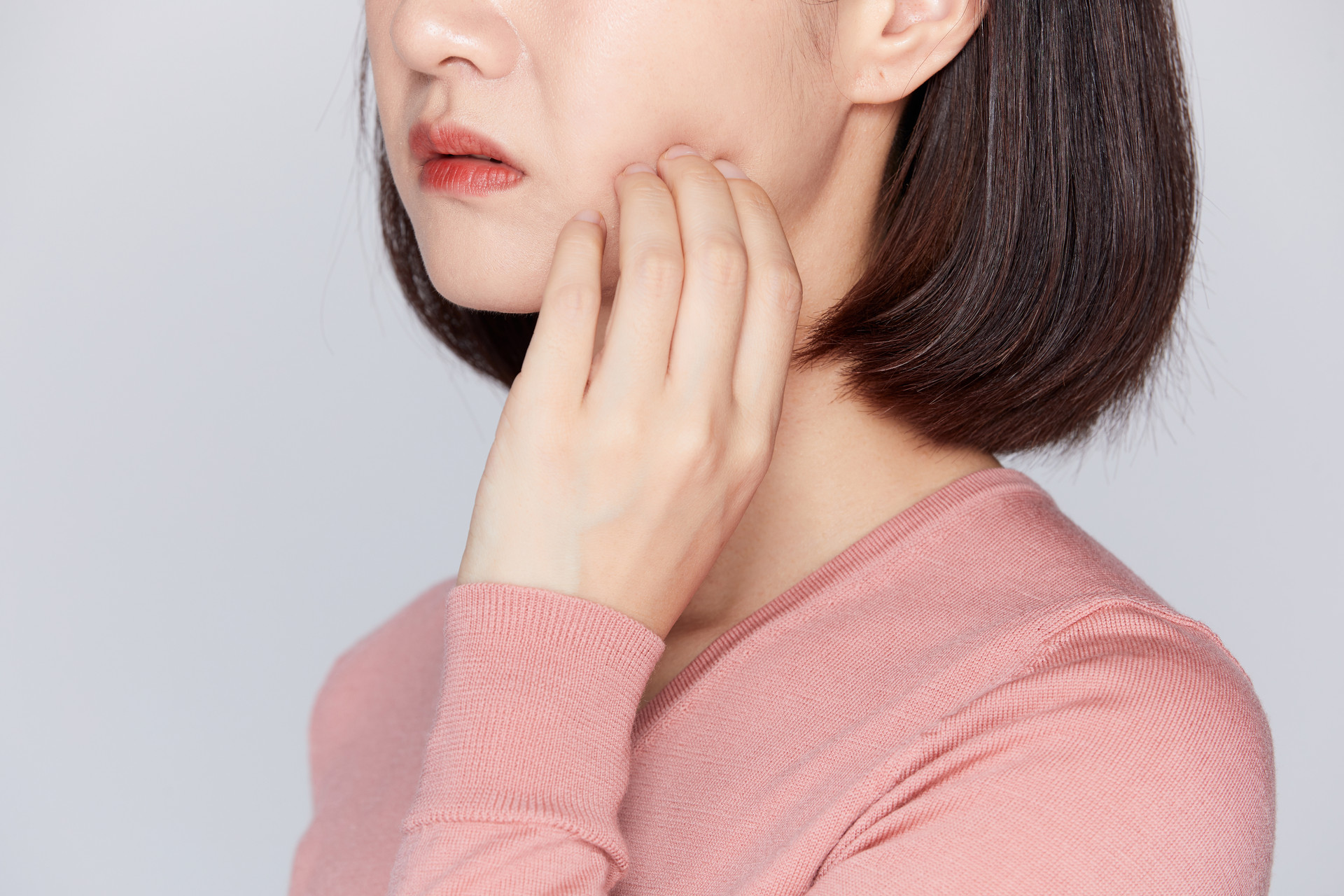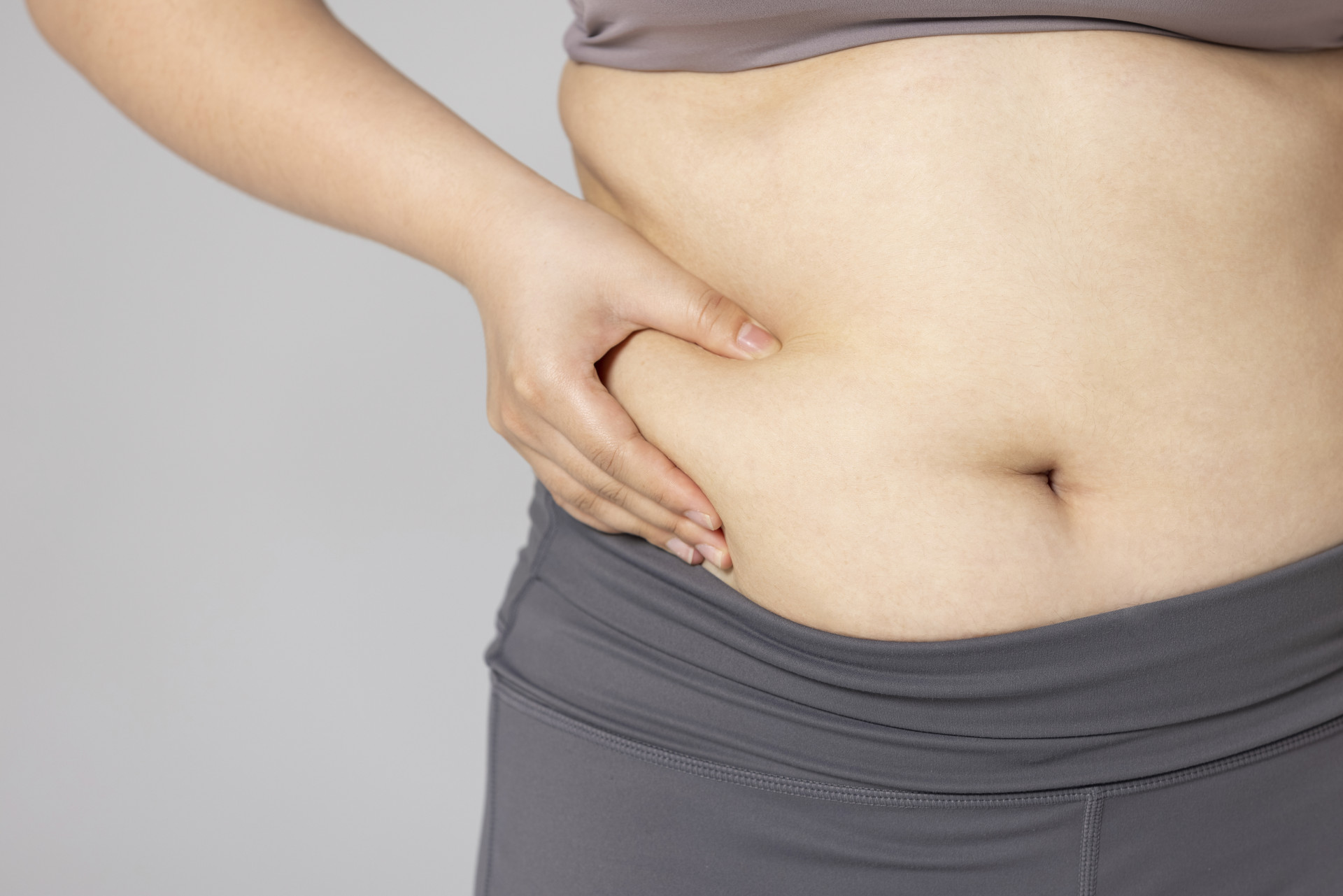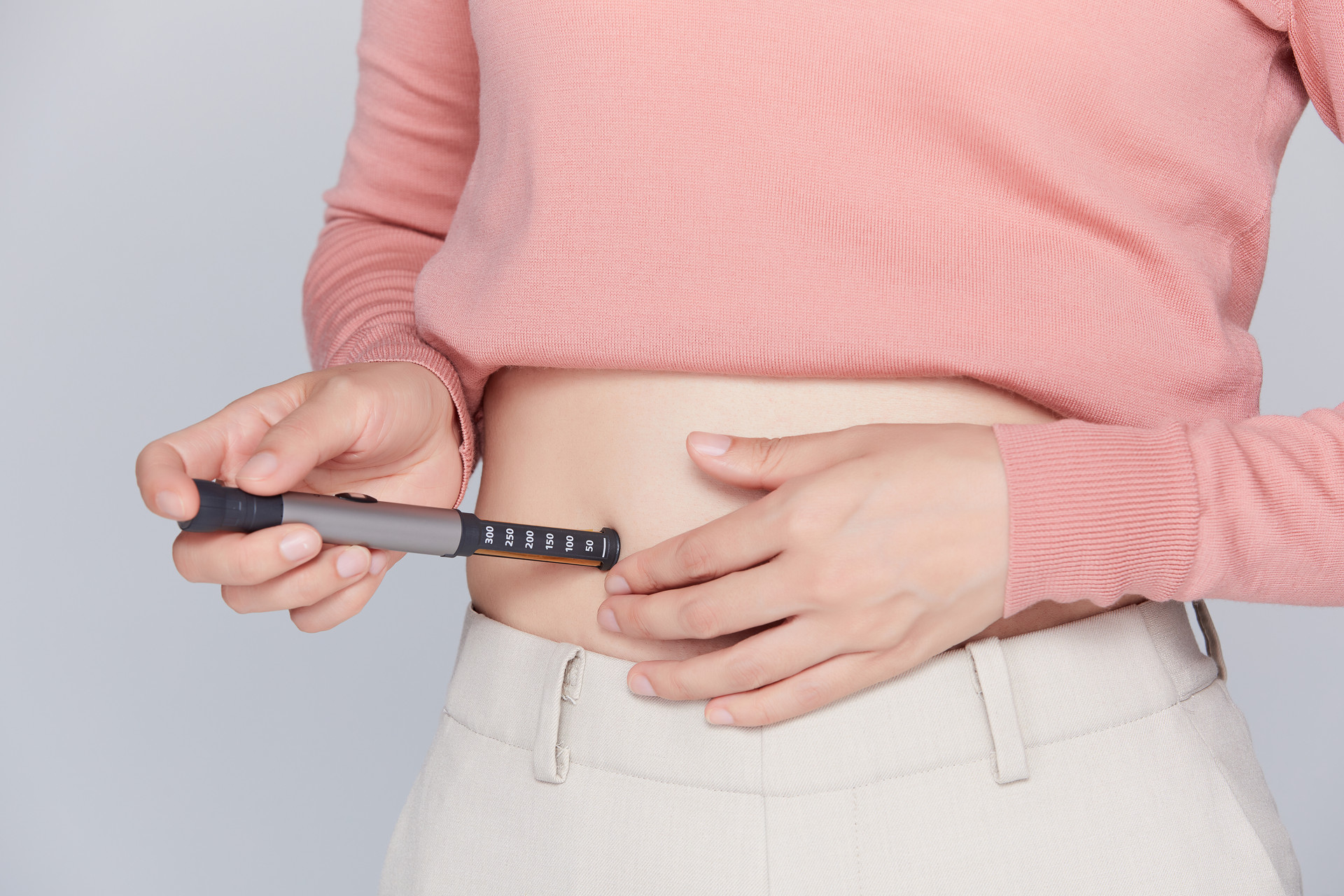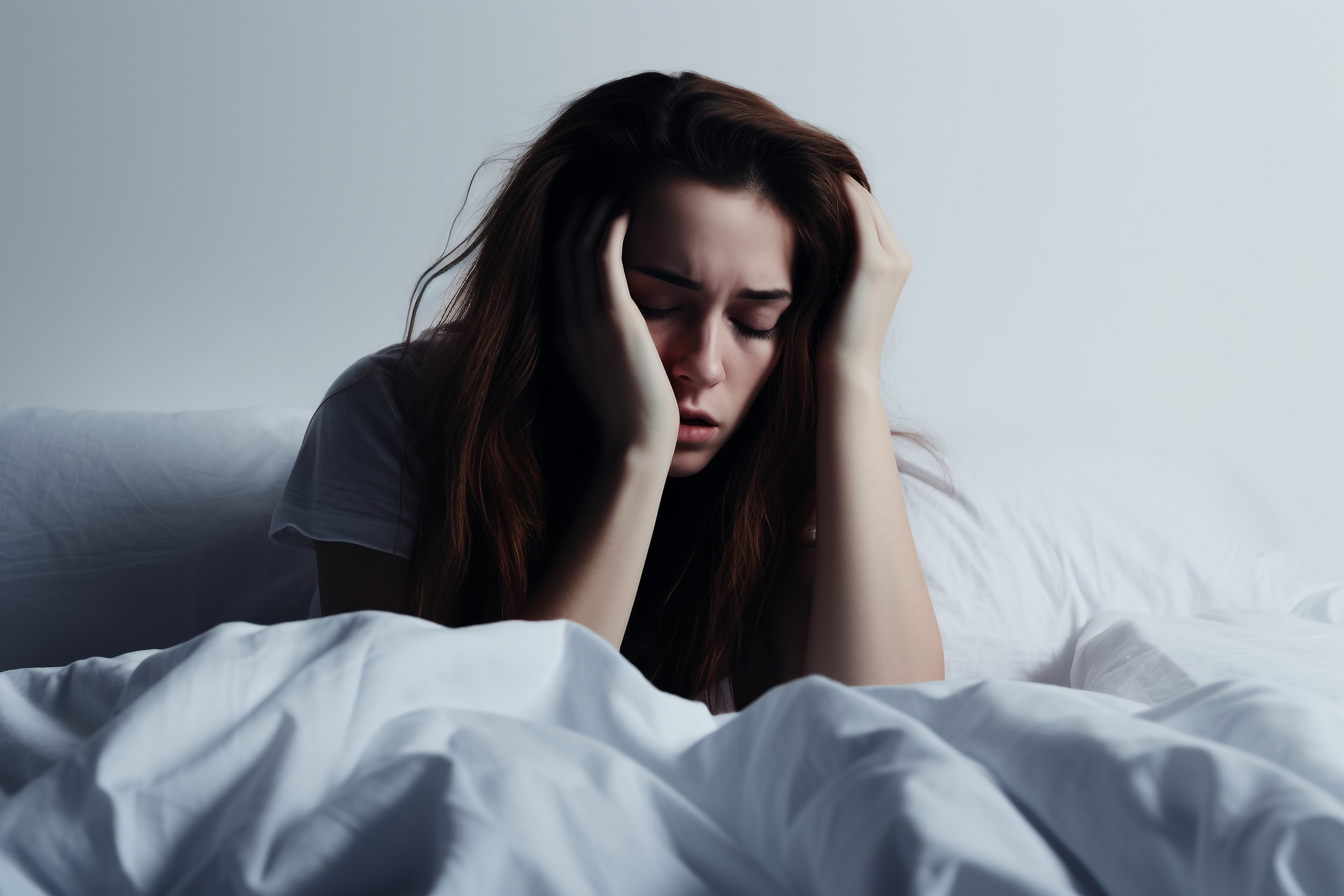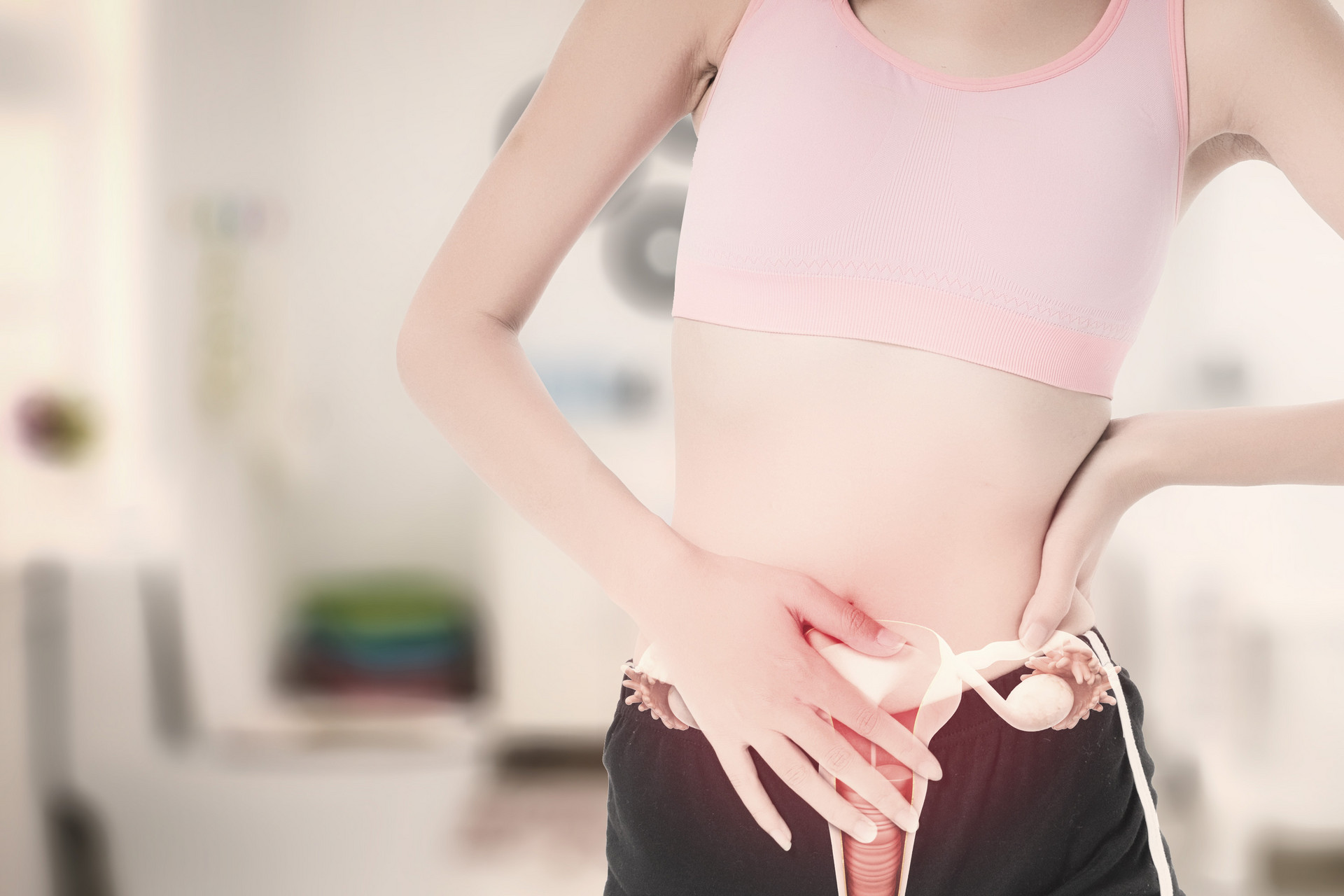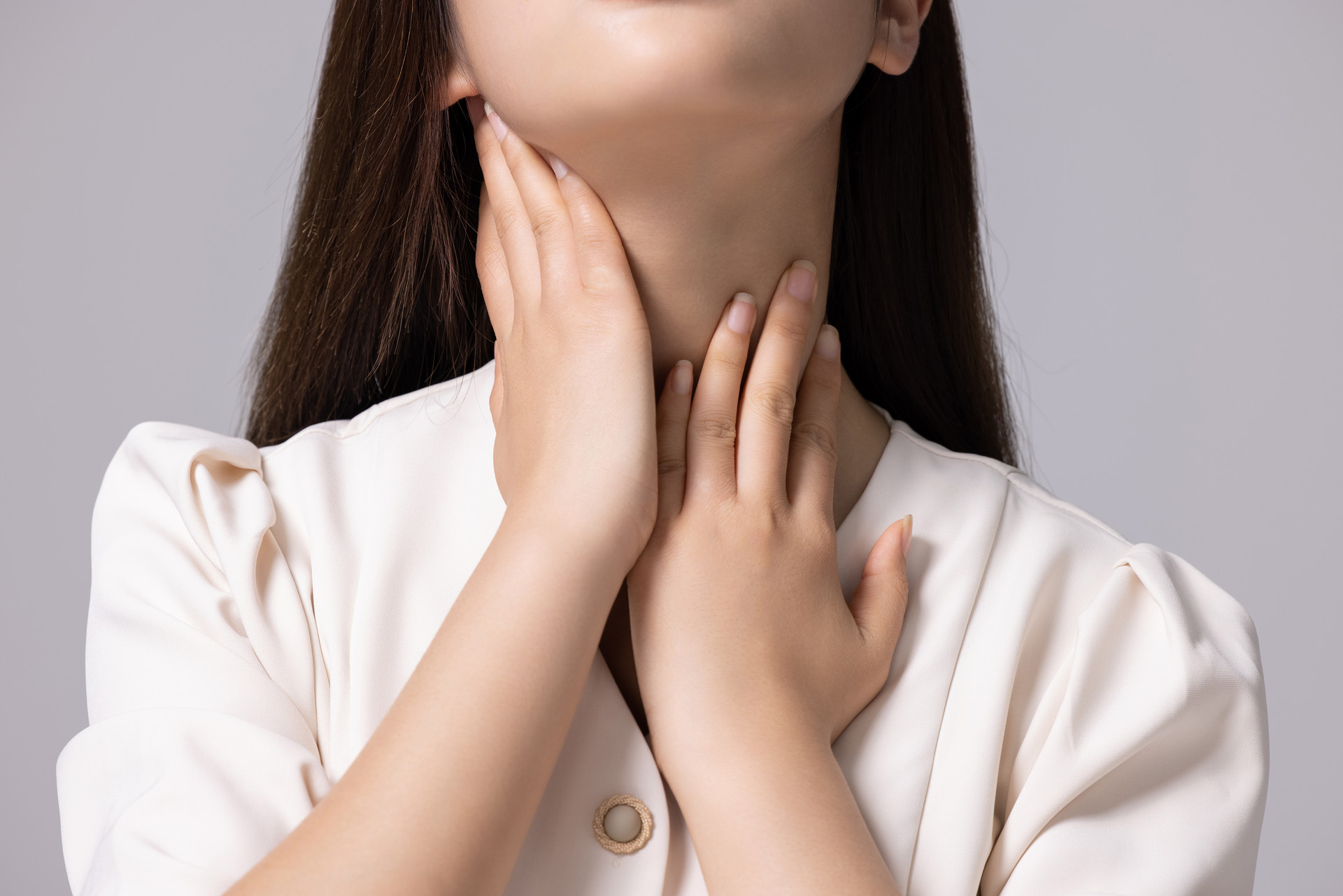Postpartum, also known as puerperium, is the period after childbirth. Due to the loss of blood and energy during delivery, the mother's body is weakened and her immune system is weak. Therefore, it is important to focus on resting and taking care of the body, especially during the first 15 days postpartum, to promote the quick recovery of all organs, especially the reproductive organs. For this reason, previous generations have proposed the concept of "three postpartum examinations".
In Zhang Lu's "Zhang's Medical Encyclopedia", it is recorded in Volume 10 that, "When diagnosing a new mother, first examine whether there is pain or not in the lower abdomen, to determine the presence or absence of lochia. Then examine whether the bowels are open or not, to determine the abundance or deficiency of body fluids. Then examine whether the milk flows or not and whether there is a decrease in appetite, to determine the fullness or deficiency of stomach qi. It is necessary to examine these three aspects first, and then refer to the pulse for diagnosis. If the pulse diagnosis matches the symptoms, even if they are unusual, the treatment will be effective; if the pulse diagnosis contradicts the symptoms, even if there are no dangerous signs, there will be many changes." This means that after childbirth, it is necessary to examine the new mother's abdominal pain, bowel movements, milk flow, and diet to assess the prognosis of postpartum diseases. In Yan Chunxi's "Fetal and Childbirth Techniques", in the chapter "Three Postpartum Examinations", it also states, "In the treatment of postpartum, all three examinations are indispensable."
The three postpartum examinations refer to the examination of whether there is pain or not in the lower abdomen to determine the presence or absence of lochia. Lochia refers to the bloody discharge from the vagina after childbirth. Under normal circumstances, there will be mild abdominal pain after delivery, along with the discharge of lochia. In the first 3-4 days, the lochia is red, and then gradually changes to light red, yellow-white, or white. The red lochia lasts for 10-14 days, and then the abdominal pain stops and the lochia ceases. If the lochia does not flow or flows very little after childbirth, and the lower abdominal pain worsens, it indicates that blood stasis is obstructed internally, and blood-activating and stasis-removing drugs should be used to promote the discharge of lochia, such as Sheng Hua Tang Wan or Yi Mu Cao Gao.
The second examination is to determine whether the bowels are open or not, to assess the abundance or deficiency of body fluids. During childbirth, the mother loses yin, blood, and body fluids. If the postpartum bowel movements are smooth and easy, it indicates that the loss of body fluids is not severe. If the diet is normal, but the bowel movements are dry and difficult to pass, or if they are not passed for several days, it indicates a more severe loss of body fluids, and blood-nourishing and moisturizing treatment is necessary. Honey can be taken, 30 grams each time, mixed with hot water and taken orally. Pine nuts can also be roasted and peeled to eat. Herbal medicine such as Wu Ren Wan can be taken.
The third examination is to observe whether the milk flows or not, and the amount of food intake, to assess the strength or weakness of stomach qi. Milk can start to be secreted 12 hours after childbirth, but the amount is very small. Early breastfeeding should be encouraged, allowing the baby to suckle, which will gradually increase milk production. If the postpartum milk does not flow or flows very little, and there is loss of appetite and poor digestion, it indicates that the mother's stomach qi is weak, and attention should be paid to diet and medication. Postpartum diet should be diverse, rich in nutrients, and easy to digest. Avoid eating raw, cold, greasy, fried, spicy, and hard foods, so as not to damage the spleen and stomach. For loss of appetite and indigestion, Xiang Sha Liu Jun Zi Wan or Bao He Wan can be taken, and eating some oranges, hawthorn, etc. can help invigorate the spleen and appetize.


